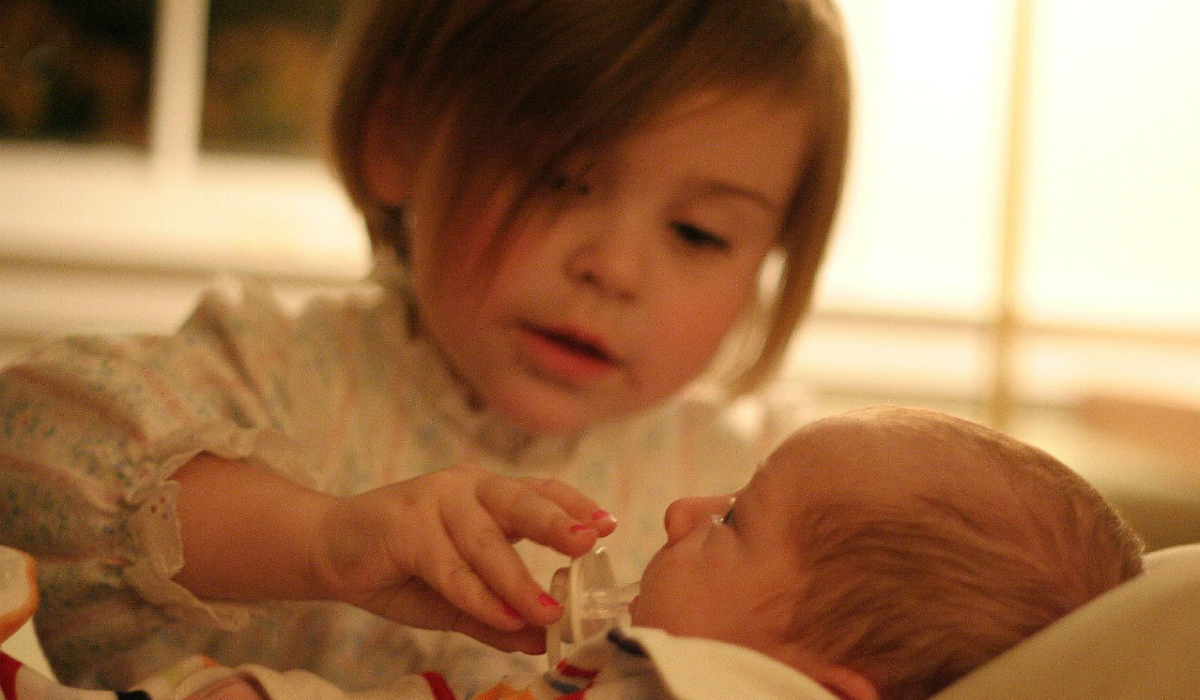
Project Title: Investigating the Impact of the Roots of Empathy Program on the Social and Emotional Competence of School-Aged Children
Research Team: Kimberly Schonert-Reichl, Veronica Smith, Anat Zaidman-Zait, and Clyde Hertzman
Participants: 585 children ages 9 – 12 (grades 4 to 7) and 28 teachers
Location: Vancouver, BC and Toronto, ON
Description:
ROE is a theoretically derived universal preventive program that focuses on decreasing children’s aggression and facilitating the development of their social-emotional understanding and prosocial behaviors. The program has as its cornerstone monthly visits by an infant and his/her parent(s) that serve as a springboard for lessons on emotion understanding, perspective taking, caring for others, and infant development. The study included a quasi-experimental control-group pretest–posttest, multi- informant design across 28 classrooms. Outcome measures included self-reports of understanding of infant distress, empathy, and perspective taking, and peer and teacher reports of prosocial and aggressive behaviors. Measures assessing implementation were also included.
Findings: Children in the ROE intervention classrooms showed significant improvement across several of the domains assessed: self-reports of causes for infant crying, peer nominations of prosocial behaviors, and teacher reports of proactive and relational aggression. Self-reported empathy and perspective taking showed no significant changes. According to ROE instructors’ diaries assessing implementation, students in the experimental condition were exposed to all or most of the ROE curriculum. These findings support and extend recent research examining the positive impacts of classroom-based social and emotional learning (SEL) programs on children’s social development and behavioral adjustment.
Schonert-Reichl, K. A., Smith, V., Zaidman-Zait, A., & Hertzman, C. (2012). Promoting children’s prosocial behaviors in school: Impact of the “Roots of Empathy” program on the social and emotional competence of school-aged children. School Mental Health, 4, 1-21. DOI: 10.1007/s12310-011-9064-7